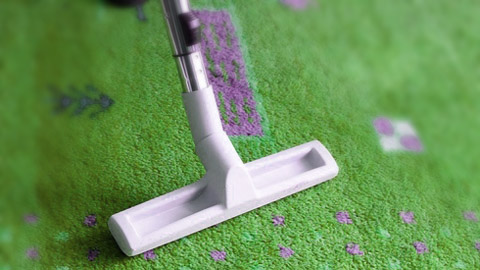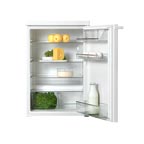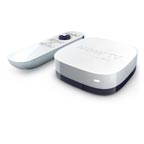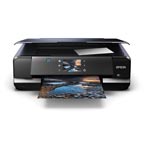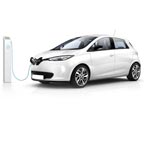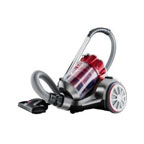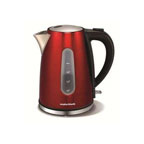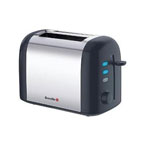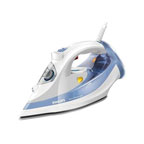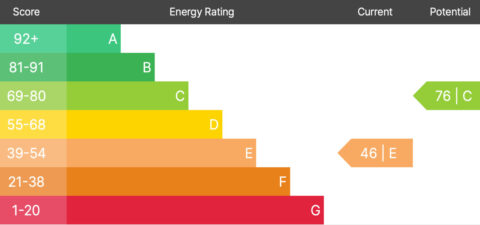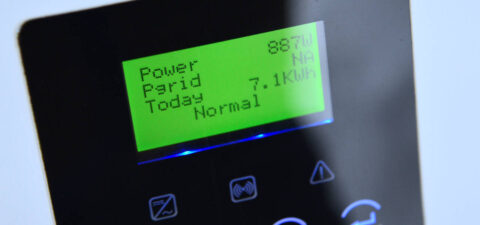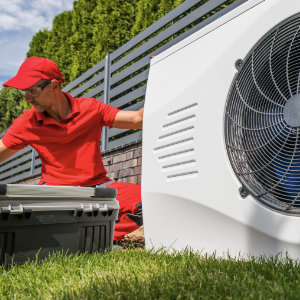It’s estimated that we typically spend one hour per week vacuuming. This, rather dull fact, does make it easy to determine how much it costs in electricity usage. New EU regulations effective from 1st September 2014, mean that vacuum cleaners sold in the EU are required to have an energy label the A to G ratings will cover energy use, cleaning performance on carpets and hard floors, and dust emissions. You simply look for your vacuums motor power, usually quoted in watts, then use Sust-it’s energy calculator to workout the running costs and multiply by fifty-two!
So can you get energy efficient vacuum cleaners? This is where things get more complicated! Together with the ever growing list of vacuum cleaners good for pet hair, hard floors or allergy sufferers you might notice manufacturers boasting an eco vacuum cleaner as part of their range; low wattage models with a claim of the same sucking power as higher wattage motors. However, generally uprights vacuum cleaners tend to be more energy efficient than cylinder models, this is because the extra tubes and pipes cylinder vacuums use require more energy to create suction. When you add into this the potential for leaky seals in the pipes, it makes an upright a good eco choice. Then there are efficiencies of technologies used, such as centrifugal fan systems and microprocessor control; improved pipe and good nozzle design, all have an impact. Plus, more importantly making sure your filters are clean or your bag (if it’s got one) isn’t over full, will all make a difference too. The longer you vacuum the more it will cost!
What size of motor should you go for? Vacuum cleaner input power ratings have increased dramatically since the 1960s from a typical 500W to over 2500W today! If that makes your vacuuming five times quicker you’ll be using the same amount of power. If time isn’t an issue then a maybe a less powerful model will do. Air watts are a European test standard (IEC60312) for vacuums. An upright vacuum cleaner should be around 100 air watts and a cylinder vacuum cleaner needs to be about 220 air watts. However, in addition to having to display energy labels on vacuum cleaners, the regulations mean that manufacturers will not be able to make or import vacuum cleaners with motors that exceed 1,600 watts. There is debate about the sense of removing these larger motors from the market place – surely smaller wattage vacuum cleaners will take longer and use more energy? The challenge will be for manufacturers to come up with machines that use the energy most efficiently.
As Marlene Holzner, European Commission spokesman reported in 2013 “The amount [wattage] does not automatically indicate how well a vacuum cleaner will clean. The amount [wattage] indicates how much electrical power is used by the engine. The important question is: how efficiently is this power translated into picking up dust?” And the regulations are getting tougher a power levels are due to be reduced further from September 2017, when it will be cut to just 900 watts.
Our advice would be to go for an upright model and look for the air watts figures (manufacturers are not obliged to publish this though).
See the most energy efficient...
← SWIPE →
